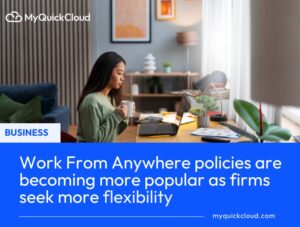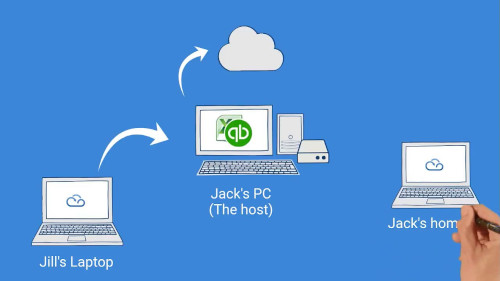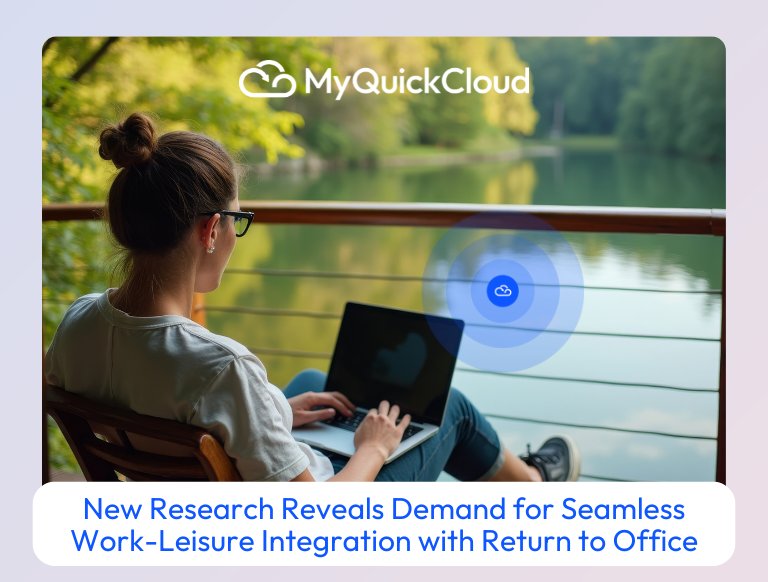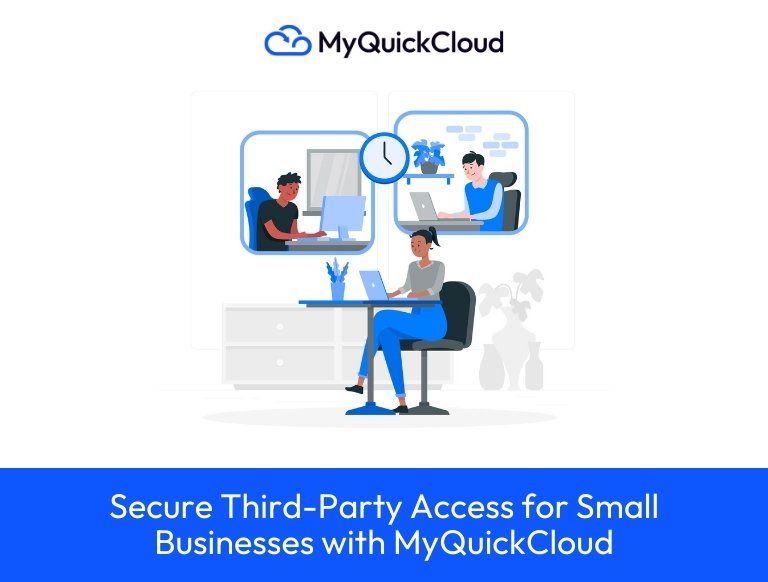A growing number of companies are allowing workers to work from new places thanks to Work From Anywhere policies.
You can’t escape the January blues. Despite the cold weather, Christmas is over and you’re back to your usual office setup and home setup at home. Those days by the beach, filled with sun and sand, are beginning to seem like a distant memory as the winter weather persists.
However, even if your next summer vacation is far away, you could escape the winter cold if your employer offers Work From Anywhere (WFA) options.
It’s becoming increasingly popular to work from sun-drenched locations as flexible working becomes more popular, and MyQuickCloud has been at the heart of enabling companies and their workforce to do that securely and effectively.
How do WFA policies work?
In a work-from-home policy, employees are able to perform their duties from anywhere as long as they are productive and meeting their goals.
In contrast to traditional remote work, which is usually done from home, WFA allows employees to work from different cities, countries, and continents. In this way, you will be able to travel wherever you want to go, and your job will be able to go with you, no matter where you are.
One of the major advantages of WFA policies is the good work-life balance they provide. An employee’s wellbeing and engagement can be improved by the ability to work from a desirable location. The reason for this is that they can choose environments that help them feel relaxed and focused in the winter, especially if they wish to escape to hotter work locations.
Employees are also able to travel and explore new places without having to take time off from work. Additionally, some people can save more money by working from lower-cost areas, which makes it an even more attractive option.
Does WFA seem to be gaining traction among companies?
A growing number of employers are now offering company benefits packages that include WFA policies. Due to WFA, companies can attract talented employees worldwide, hiring the best candidates regardless of their location. A WFA policy can also contribute to higher morale and lower staff turnover by enhancing work-life balance and increasing satisfaction.
According to Startups 100 for 2025 research, 8% of businesses now offer WFA, while 14% are considering it in the new year. A third of companies with full-time office-based policies plan to switch to a WFA model in the near future. The trend shows that companies are beginning to recognize the advantages of flexibility and embracing remote work and location independence.
The trend of embracing flexibility isn’t just limited to startups; major corporations have also taken advantage of it. A few of these are:
- Airbnb: Following the COVID-19 pandemic, Airbnb introduced a working from anywhere policy, allowing employees to work up to 90 days per year from any location.
- Shopify: The company announced that it would become a “digital-first” company in 2022. Employees will be able to work from anywhere.
- Dropbox: In 2020, Dropbox switched to a “virtual first” model, which allowed employees to work mainly from home and together occasionally for collaboration in person.
- Spotify: Spotify’s WFA initiative gives employees the option of working from any location around the world, whether it’s from home or another location.
WFA alternatives: what are they?
Even though WFA policies are becoming more popular, businesses have several alternatives. Some of these include:
- Remote work
The more traditional option of working from home or another location, but with more specific guidelines. Depending on legal, tax, or business considerations, a company might allow employees to work remotely full-time, but they must stay within a specific country or region. - Hybrid work:
Employees can work from home on some days and from the office on others under these policies, which combine office and remote work. By January 2024, 44% of UK employers were using a structured hybrid model, a pattern that is becoming more and more popular. - Flexible hours:
As long as employees meet deadlines and attend meetings, some companies offer flexible working hours. Despite still being expected to work from the office, employees have control over when they work. - Nomadic work (digital nomad policies):
They are similar to WFA, but they focus more on long-term travel. Companies with digital nomad policies support employees who want to live and work from different countries for extended periods, generally with more defined guidelines, such as time zone requirements to ensure overlap with team hours and rules about durations of stays in certain countries to comply with visa and tax regulations. - Workation:
In a workation policy, employees travel to a vacation destination and work from there for a short period of time. Combining work and leisure allows employees to experience a change of scenery and enjoy holiday-like activities while still fulfilling their responsibilities. While working is still done, the focus is usually on relaxation and enjoying the location.
Work-life balance is becoming easier for employees as more companies embrace flexible work options.
With the ability to work from different locations, employees can achieve a better work-life balance and explore new destinations. Companies benefit from happier workers and attract a wider talent pool as a result. Ultimately, it’s about allowing employees to choose where and how they work.
What is MyQuickCloud?
It is easy to start with MyQuickCloud. With quick setup, intuitive tools, and seamless onboarding, your team can be up and running in no time, enjoying secure remote access to cloud desktops.
Do your work on-premises or remotely, from multiple devices directly from a web browser or an app. Everyone has their own private remote desktop so they can work seamlessly (web browsing, printing locally etc.)
Enhance security by centralizing company data in one secure location, avoiding the risk of unmanaged or lost devices.
Simplify user management with quick access control for new or temporary employees, granting and revoking permissions in few clicks.





